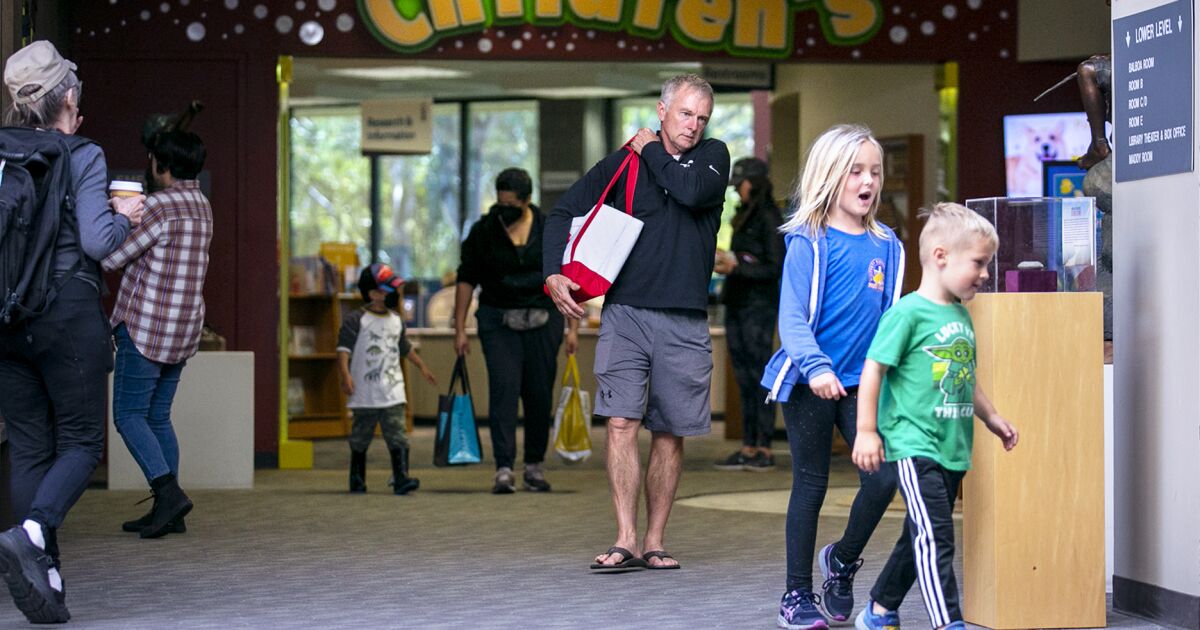Amid crisis, San Jose police improve mental health response

In 2017, the San Jose Police Department made headlines as the first large agency in the country to mandate comprehensive mental health crisis intervention training for all officers. While CIT was never intended to position police as the best responders to mental health crises, it has improved de-escalation techniques and reduced instances where force is utilized.
Since then, the mental health crisis in our community has grown dire. Amid broader calls for social justice reforms, bold promises for alternative response models involving mental health workers were made. However, they have not materialized at scale, and officers often remain the social workers of last resort.
In 2018, we became the first large agency to make data on officers’ use of force publicly available in an online dashboard, enabling anyone to review the independently verified numbers and sort by categories such as race, gender, age or type of crime.
To this day, few police agencies provide the public with this sort of data. In our case, it shows a steady decline from 2017-21 in the ratio of calls for service that result in use of force. Therefore, it was disconcerting to read the article in this newspaper that challenged the effectiveness of the crisis intervention training.
The newspaper article examined 106 cases from 2014-21 of serious injury or death, for which police reports must be released under state law. From that, the article concluded that nearly three-quarters involved people who were mentally impaired.
But when you consider all 1,364 mental health cases during that time period, the data paints a very different picture: Even though mental health calls have increased significantly since 2014, increasing the potential number of cases that could end with violent encounters, use of force in these cases is dropping.
Since rolling out CIT in 2017, use of force in cases involving an involuntary mental health hold dropped 91%. Force when subjects have any mental health issue dropped 22%. And total use of force declined by 13%.
In 2021, we took CIT a step further and launched the Mobile Crisis Assessment Team (MCAT). This dedicated team of officers with advanced crisis training has responded to 3,465 mental health calls that would have otherwise required a beat officer. MCAT officers work closely with case managers and connect people to services. In 99% of responses, MCAT has made no arrests, redirecting vulnerable people away from the criminal justice system, and has had just one minor use of force. MCAT was designed to place officers alongside county mental health clinicians, co-responding to calls, but currently, the availability of county clinicians is limited.
Crisis intervention training proves most effective when individuals are not engaged in criminal activity. In 59% of mental health encounters from 2017-2022 in which police used force, the individual was either committing a violent crime, was armed or attacked the officer. No alternative response model suggests that a non-police officer should respond to these calls or any call with a public safety component. These calls will continue to need law enforcement assistance alongside alternative responders
Our intent is that each police interaction with members of the public leads to a path of peaceful resolution. While no technique can guarantee a particular outcome, it is vital that we measure and work towards this goal.


